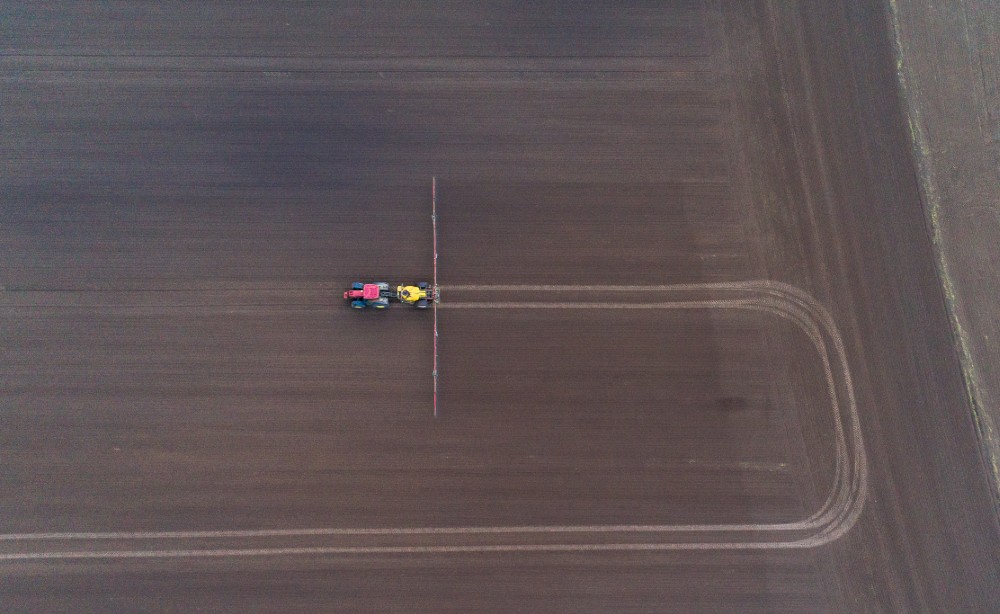In January 2025, the Weed Resistance Action Group (WRAG) reported that a population of Italian ryegrass in a Kent field exhibited resistance to the maximum label rate of glyphosate. This discovery, verified through comprehensive testing by ADAS, marks a significant development in UK weed management.
NFU Deputy President David Exwood stated: "Glyphosate is an essential product to help control weeds before planting crops, especially in regenerative, no-tillage or minimum tillage systems, approaches which are beneficial for climate change mitigation and protecting soils. So it’s concerning that there is now a case of glyphosate resistance in the UK in one of our arable weeds."
While glyphosate resistance has been documented in countries like Spain and Italy, these occurrences haven't escalated into major problems, so likewise, the UK aims to prevent widespread occurrences through proactive measures. This situation emphasizes the importance of implementing effective glyphosate stewardship practices on farms to mitigate the risk of further resistance development.
Farmers and agronomists are urged to remain vigilant by monitoring fields for weed survival following glyphosate application and collaborating with advisors to address any suspected resistance. Adhering to WRAG's guidelines is essential to maintain glyphosate's efficacy.
The guidelines emphasise four key strategies:
-
Prevent Survivors: Eliminate surviving weeds to reduce seed spread and report any suspected resistance to agronomists or product manufacturers.
-
Maximize Efficacy: Apply the appropriate dose at the correct timing under optimal conditions to ensure effective weed control.
-
Use Alternatives: Integrate non-chemical methods, such as cultivation, and employ other herbicides in rotation to diversify weed management approaches.
-
Monitor Success: Regularly assess weed control effectiveness and investigate any potential resistance issues promptly.
By following these stewardship principles, the agricultural community can work together to sustain the effectiveness of glyphosate, ensuring it remains a valuable resource for producing high-quality, affordable food while supporting environmental sustainability.
For more detailed information, refer to the WRAG guidelines on minimizing glyphosate resistance risks in grass weeds.
Read more on the NFU website.

